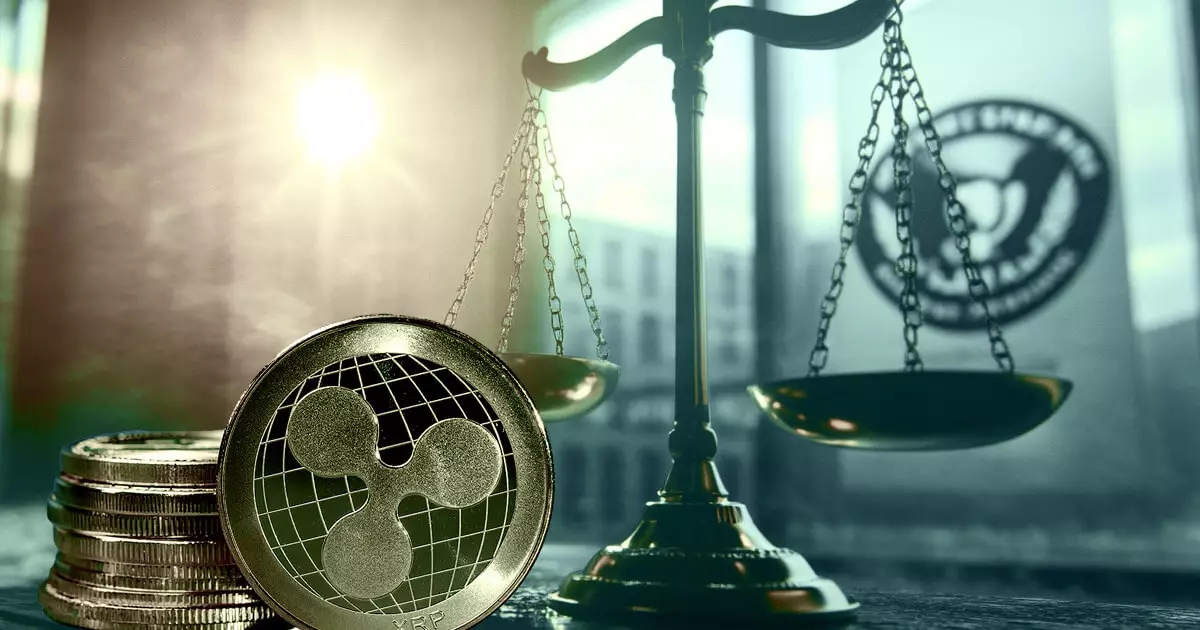In a surprising twist in the ongoing saga between Ripple and the U.S. Securities and Exchange Commission (SEC), both parties have recently refiled a joint request to dissolve a court injunction and settle on a revised $50 million penalty. This decision illustrates not only the complexities of cryptocurrency regulation but also the increasingly fraught landscape of regulatory compliance. The stakes are high; Ripple’s XRP, a digital currency at the heart of this legal conflict, continues to ripple through the market, impacting investors and the broader crypto industry alike.
What Led to This Settlement?
The legal entanglement, ignited by a December 2020 lawsuit, primarily concerned allegations that Ripple sold XRP as an unregistered security in violation of federal laws. Over the years, the court has issued rulings that have oscillated between favoring Ripple and the SEC. A notable moment came in July 2023 when a summary judgment yielded mixed results for both parties. However, a final judgment in August 2024 resulted in Ripple facing a staggering $125 million penalty, only to be subsequently layered with a demand to deposit even more into escrow.
The current $50 million settlement figure, while still significant, marks a strategic pivot. It indicates a willingness on Ripple’s part to accept accountability while also mitigating future financial repercussions. This dual approach of reducing liability aligns with Ripple’s broader strategy of seeking clarity in what many perceive as a nebulous regulatory environment.
SEC’s Strategy Shift?
Interestingly, the SEC’s consent to a reduced penalty could represent a broader shift in regulatory strategy. Historically known for its aggressive enforcement tactics, the SEC appears to be reconsidering its rigidity as a response to the ongoing criticism regarding its approach to crypto regulation. By indicating flexibility in accepting a lesser fine, the SEC not only alleviates some pressure but also opens the door to future collaborative frameworks within the crypto space.
The court’s upcoming ruling on this joint request could dramatically reshape perceptions of regulatory authority and the limits of enforcement within an evolving digital economy.
The Broader Implications
The implications of this case reach far beyond Ripple and the SEC. Investors, startups, and established firms in the cryptocurrency space have been awaiting clear guidelines and regulations from government entities. A settlement here could signal a new era in which regulatory bodies work more amiably with the industry, ultimately fostering an environment that is ripe for innovation yet safe for investors.
Additionally, as other crypto companies watch closely, a favorable outcome for Ripple could encourage similar legal battles to seek settlements, thereby creating a ripple effect of resolution throughout the industry.
In this tumultuous landscape where law contends with technology, the need for sensible regulatory frameworks becomes urgent. Rather than applying an enforcement hammer indiscriminately, agencies like the SEC should embrace a more nuanced approach, balancing accountability with the promotion of innovation.


















